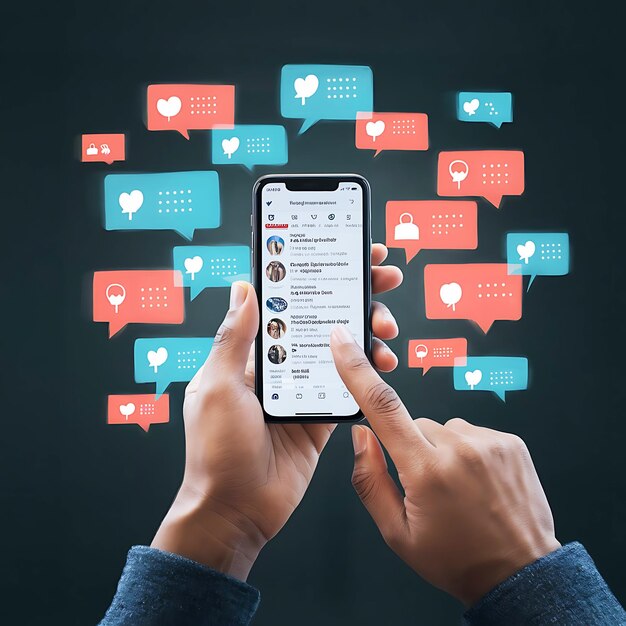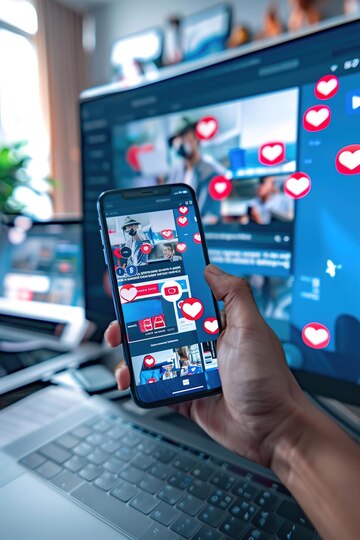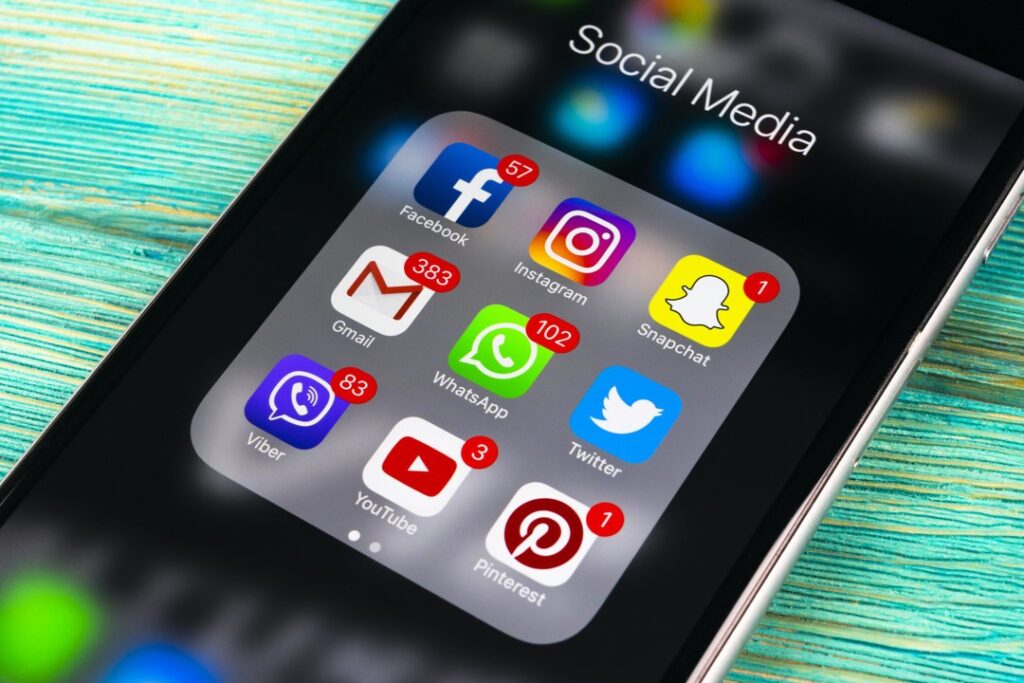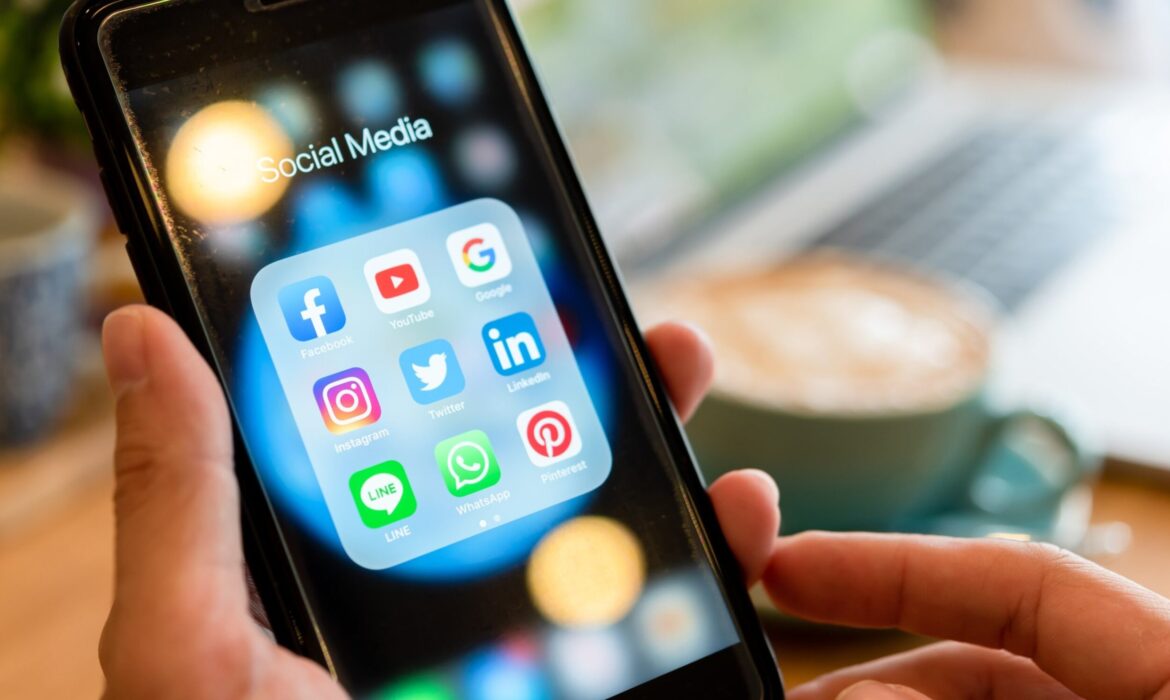The Influence of Social Media in Today’s Digital Age: More Than Just Connection
Social media has become an integral part of modern life, shaping how we communicate, interact, and consume information. Whether used for entertainment, business, news, or activism, its impact is undeniable. But beyond its obvious role in digital connectivity, social media has transformed industries, influenced behaviors, and created new opportunities for engagement.
The Rise of Social Media: A Digital Revolution
Over the past two decades, social media platforms like Facebook, Twitter, Instagram, TikTok, and LinkedIn have revolutionized the way people share ideas, connect with brands, and express themselves. Originally designed for personal networking, these platforms have evolved into powerful tools that influence economies, shape political movements, and drive cultural shifts.
How Has Social Media Changed the Way We Interact?
- Instant Communication – Gone are the days of waiting for emails or phone calls. Social media enables real-time communication across borders, making interactions faster and more accessible.
- Global Connectivity – People can now engage with others from different parts of the world, fostering international relationships, cultural exchanges, and global discussions.
- Personal Branding – Individuals have the ability to create a digital identity, influencing how they are perceived by employers, peers, and followers.

Social Media as a Marketing Powerhouse
For businesses, social media is no longer optional—it’s essential. Companies use these platforms to reach audiences, build brand awareness, and drive sales. Some major advantages of social media marketing include:
- Cost-Effective Advertising: Social media provides affordable marketing compared to traditional media like television or print ads.
- Targeted Campaigns: AI-driven advertising helps brands reach specific demographics based on interests, location, and online behavior.
- Engagement & Community Building: Businesses can interact directly with customers, responding to feedback and fostering loyalty.
- Influencer Marketing: Collaborations with influencers help brands reach larger audiences and build credibility.
The Rise of Influencer Culture: Digital Celebrities and Their Impact
Social media has given birth to a new category of public figures: influencers. These individuals gain significant online followings and shape consumer opinions on fashion, fitness, technology, and more. Their content often drives purchasing decisions, making them valuable partners for businesses seeking visibility.
However, influencer culture also comes with challenges. While authentic endorsements can be powerful, misleading promotions, unrealistic beauty standards, and excessive commercialization can negatively affect audiences. As social media continues to evolve, transparency and authenticity are becoming increasingly important in influencer marketing.

The Dual Impact on Mental Health
While social media offers entertainment, connection, and opportunities, it also presents challenges for mental health. Studies have shown that excessive screen time and online comparisons can lead to anxiety, depression, and reduced self-esteem. Some common mental health concerns linked to social media include:
- Social Comparison: Users may feel pressured to match the curated, often unrealistic lifestyles portrayed online.
- Cyberbullying: Online harassment remains a serious issue, affecting individuals of all ages.
- Digital Addiction: The need for constant scrolling, notifications, and engagement can become overwhelming.
Despite these concerns, social media also provides positive mental health benefits, such as support communities, self-expression, and educational resources. The key to maintaining a healthy relationship with social media is moderation and mindful consumption.
Social Media & Activism: A Voice for Change
In recent years, social media has become a major platform for activism, advocacy, and social movements. Whether it’s raising awareness about climate change, fighting injustices, or supporting charitable causes, social media gives voices to individuals and communities pushing for change.
Some key ways social media fuels activism include:
- Hashtag Movements: Viral hashtags help spread awareness and unite people around causes.
- Fundraising & Crowdfunding: Platforms like GoFundMe allow individuals to raise money for various social initiatives.
- Mobilization: Social media facilitates protests, petitions, and large-scale discussions that influence policies.
The Future of Social Media: Trends to Watch
As technology advances, the landscape of social media will continue to evolve. Some key trends shaping the future include:
- Augmented & Virtual Reality (AR/VR): Social media platforms are exploring immersive experiences that go beyond traditional engagement.
- AI-Powered Content: Artificial intelligence is shaping recommendations, personalized feeds, and chatbot interactions.
- Blockchain & Data Privacy: With growing concerns about user data, blockchain may revolutionize secure transactions and decentralized social platforms.
- Live & Real-Time Experiences: The demand for authentic, real-time content is growing, pushing platforms to focus on live streaming, behind-the-scenes updates, and instant engagement.

Conclusion: The Role of Social Media in a Digital Society
Social media is more than just a platform—it’s a cultural phenomenon influencing communication, business, entertainment, and activism. As its influence continues to grow, the focus should shift toward responsible usage, digital literacy, and maintaining a balance between online and offline life.
Whether you’re a business owner, a digital creator, or a casual user, understanding the power of social media is key to navigating its dynamic landscape. Social media is constantly evolving, and its impact on society is far-reaching. The question is: how will you use it?

